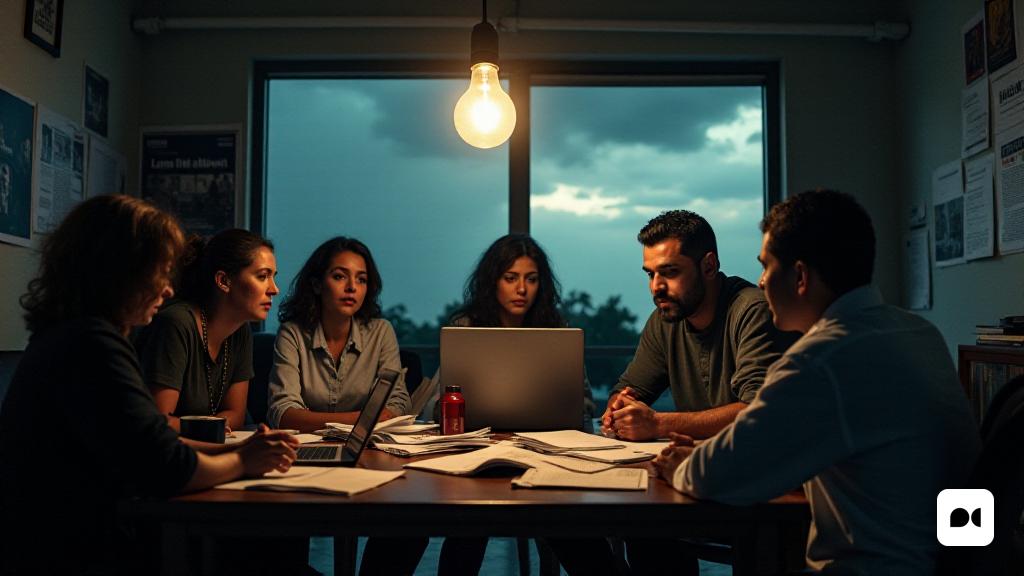The growing repression against dissent
Recently, El Salvador has experienced moments of great turbulence with the arrest of Alejandro Henríquez, a lawyer at the El Bosque cooperative, and Ruth López, head of the Cristosal NGO Anticorruption Unit. These incidents reflect an alarming tendency of persecution against dissident voices, which also extends to the world of journalism.
A context of growing violence against the press
According to a recent report by the El Salvador Journalists Association (APES), in 2024 it has seen a 154% increase in aggressions aimed at journalists. Daniel Valencia, director of the independent newspaper Regional Drafting, emphasizes the precariousness that surrounds the exercise of journalism into an atmosphere of repression that has made this year one of the toughest for freedom of expression in the country.
Threats facing journalists in Central America
The landscape for independent journalism in Central America is desolate. In Nicaragua, for example, the Government has removed the identity document of several journalists, forcing many to go into exile. In Honduras, persecution against defenders of human rights and journalists becomes more and more intense, a reflection of what is happening in El Salvador.
The impact of the withdrawal of international funding
The recent removal of funds from the United States Agency for International Development (USAID) has been devastating to the independent media. With few resources, many have had to close doors or dramatically reduce their activity, which has weakened the capacity of denunciation against abuse of power.
Censorship as a strategy
Journalists are now operating in a climate of constant fear. Lack of access to public information and retaliation threats have caused disturbing silence. Authorities, including President Nayib Bukele, have sought to discredit the independent press, which they consider a threat to their image.
Resistance strategies against authoritarianism
In the face of this landscape, journalists are looking for ways to collaborate and join forces to continue to report. As historian Roberto Turcios says, “against authoritarianism, journalism is key.” The creation of common publishing tables and communication with the international community are vital steps in this battle for truth.
The future of journalism in El Salvador
Despite the adversities, the journalistic ecosystem in El Salvador shows signs of resilience. With independent means that are on social and environmental themes, the struggle for continuous expression. The need to maintain the critical voice becomes more urgent than ever, and it is essential that the international community joins this cause.

